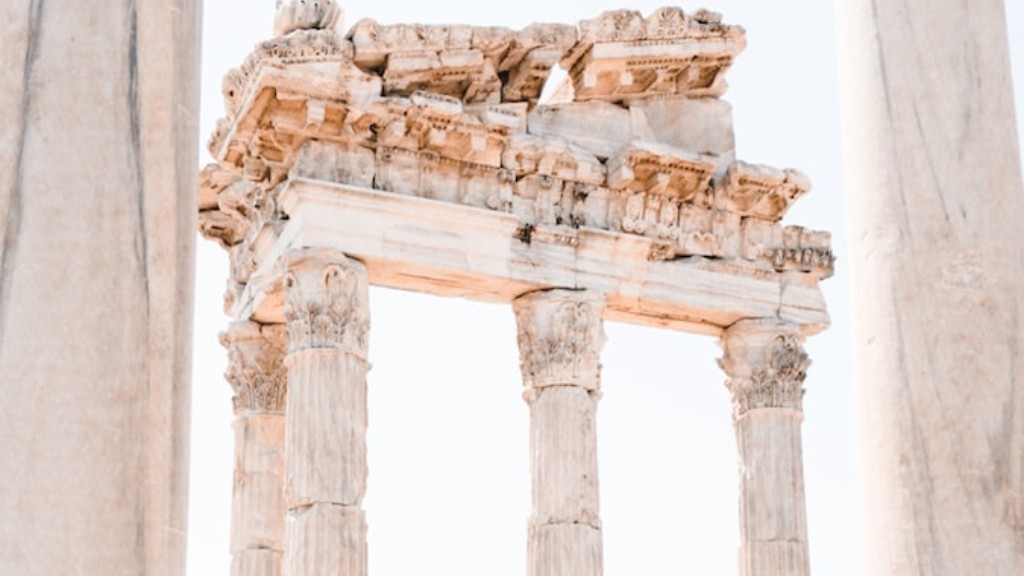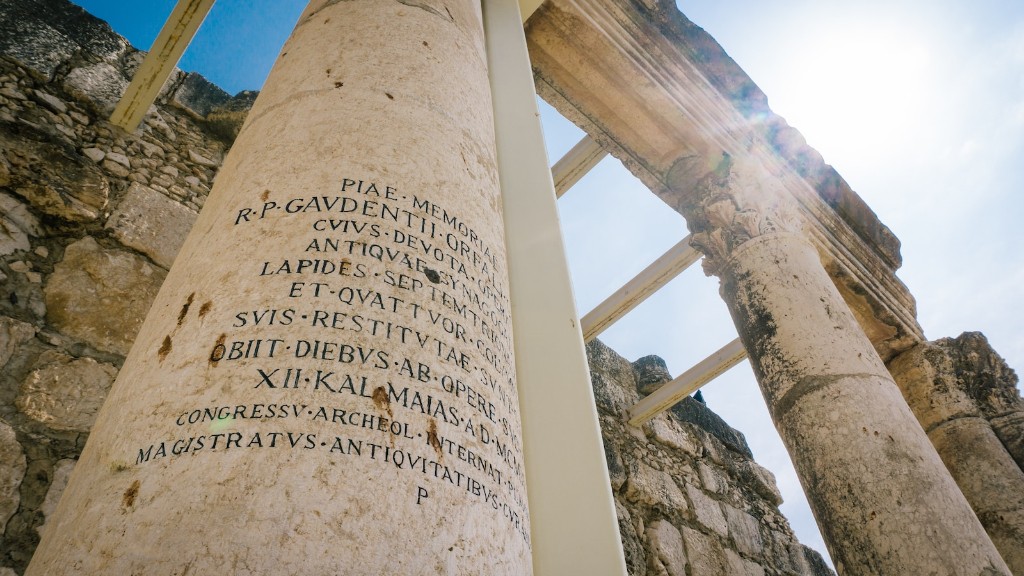Was Being Gay Illegal in Ancient Rome
In ancient Rome, the attitudes towards same-sex relationships were complex and subject to change over time. Homosexuality itself was not outright illegal, but the social expectations and cultural norms surrounding it were often restrictive. This article aims to delve deeper into this topic and provide a comprehensive understanding of the legal and social implications of being gay in ancient Rome.
Laws and Legal Status
Roman law did not explicitly criminalize homosexuality; however, it did condemn certain sexual acts deemed “unnatural” or “against nature.” These acts included male-male penetrative sex, which was seen as a violation of the social hierarchy and gender roles established in Roman society. The law emphasized preserving traditional family structures and procreation, and any sexual behavior that deviated from these ideals was viewed with suspicion.
The Lex Scantinia, enacted in the 2nd century BCE, specifically targeted homosexual acts and imposed penalties. This law was primarily concerned with preventing the abuse and exploitation of freeborn youths by older men. It stipulated that a freeborn man who willingly allowed himself to be penetrated was subject to loss of social status and privileges, while the penetrator would be exempt from punishment. Non-citizens, on the other hand, were not afforded any legal protection and could face harsher consequences.
These laws, however, were not consistently enforced. Their application often depended on the political climate, the moral outlook of the ruling elites, and the personal biases of the judges. In practice, the enforcement of anti-homosexual laws was selective and arbitrary, making it difficult to generalize about the actual legal consequences faced by gay individuals in ancient Rome.
Social Attitudes and Stigma
Ancient Roman society held conflicting views on homosexuality. While homosexual behavior was tolerated to some extent, it was generally considered socially unacceptable, particularly among adult male citizens. The expectation was for men to marry women and produce legitimate heirs to continue their family line.
The prevailing social norms held that being the active partner in a same-sex relationship was more acceptable than being the passive partner. The active partner, known as the dominus, maintained his masculine status and power, while the passive partner, known as the pathicus, was seen as effeminate and submissive. Roman masculinity was closely tied to dominance and control, and any perceived loss of power, such as assuming the passive role, was often stigmatized.
Despite these cultural norms, homosexuality was present in various aspects of Roman society. Some emperors, such as Nero and Elagabalus, openly engaged in same-sex relationships. Homosexual encounters were also common in military settings, where the bonds between soldiers were considered essential for unit cohesion.
Perceptions across Time and Regions
The attitudes towards homosexuality in ancient Rome were not static and evolved over time. In the early Roman Republic, male-male relationships were not as stigmatized, and intimate friendships between adult men, known as “amicitia,” were considered honorable and essential for personal growth and networking.
However, as Rome transitioned into an empire, the influence of Greek culture brought about a shift in attitudes. The Greeks had a more accepting and open view of homosexuality than the Romans, and this influence led to a stricter condemnation of same-sex relationships in Roman society.
Furthermore, perceptions of homosexuality varied across different regions of the Roman Empire. The social and moral climate in Rome itself might have been more conservative compared to other cities or provinces. Local customs and cultural practices could influence the acceptance or rejection of homosexuality, leading to regional variations in attitudes and reactions.
Conclusion
While being gay was not explicitly illegal in ancient Rome, the social expectations and cultural norms surrounding same-sex relationships were challenging for gay individuals to navigate. The legal status and social attitudes towards homosexuality were highly dependent on the era, the political climate, and individual biases. Consequently, it is challenging to make sweeping generalizations about the experiences and consequences faced by gay individuals in ancient Rome.



